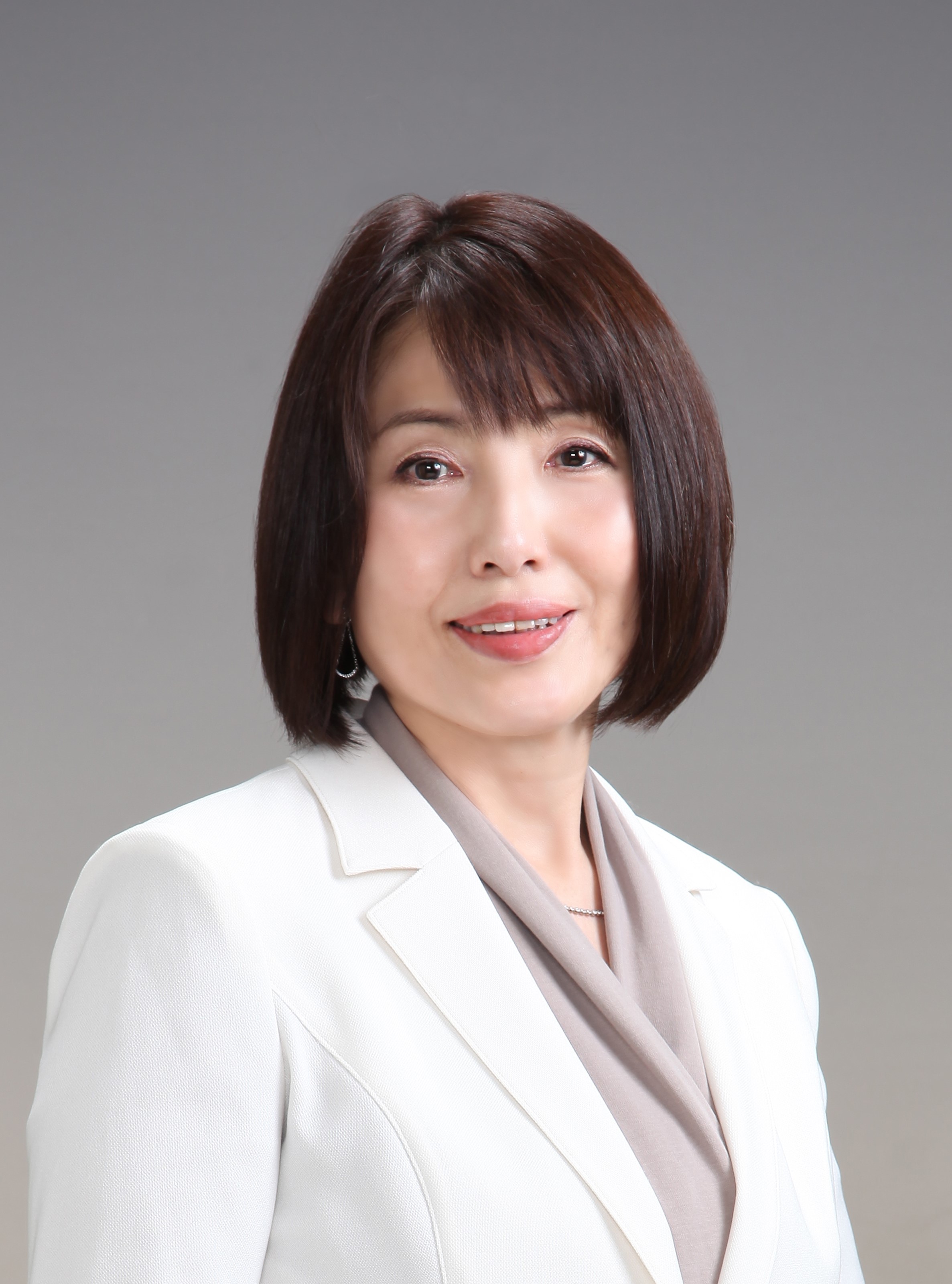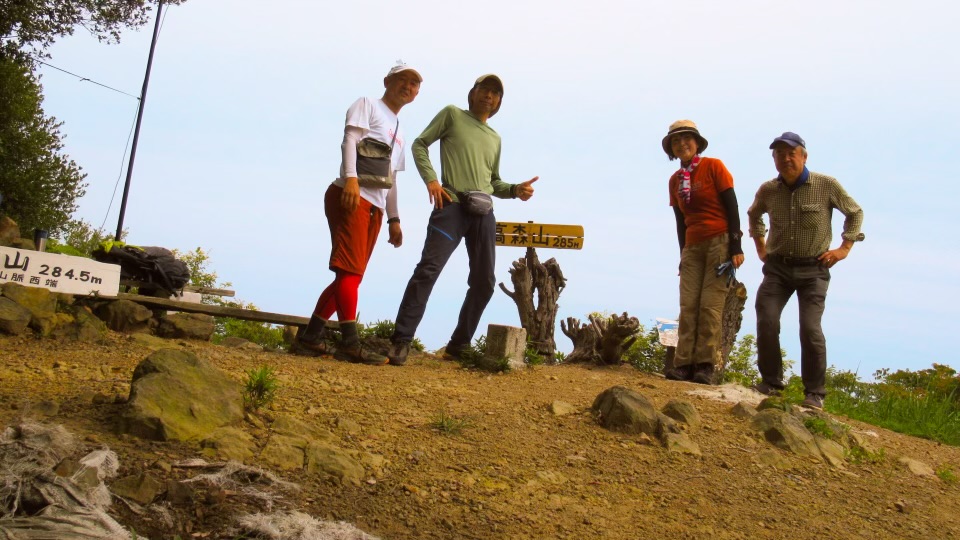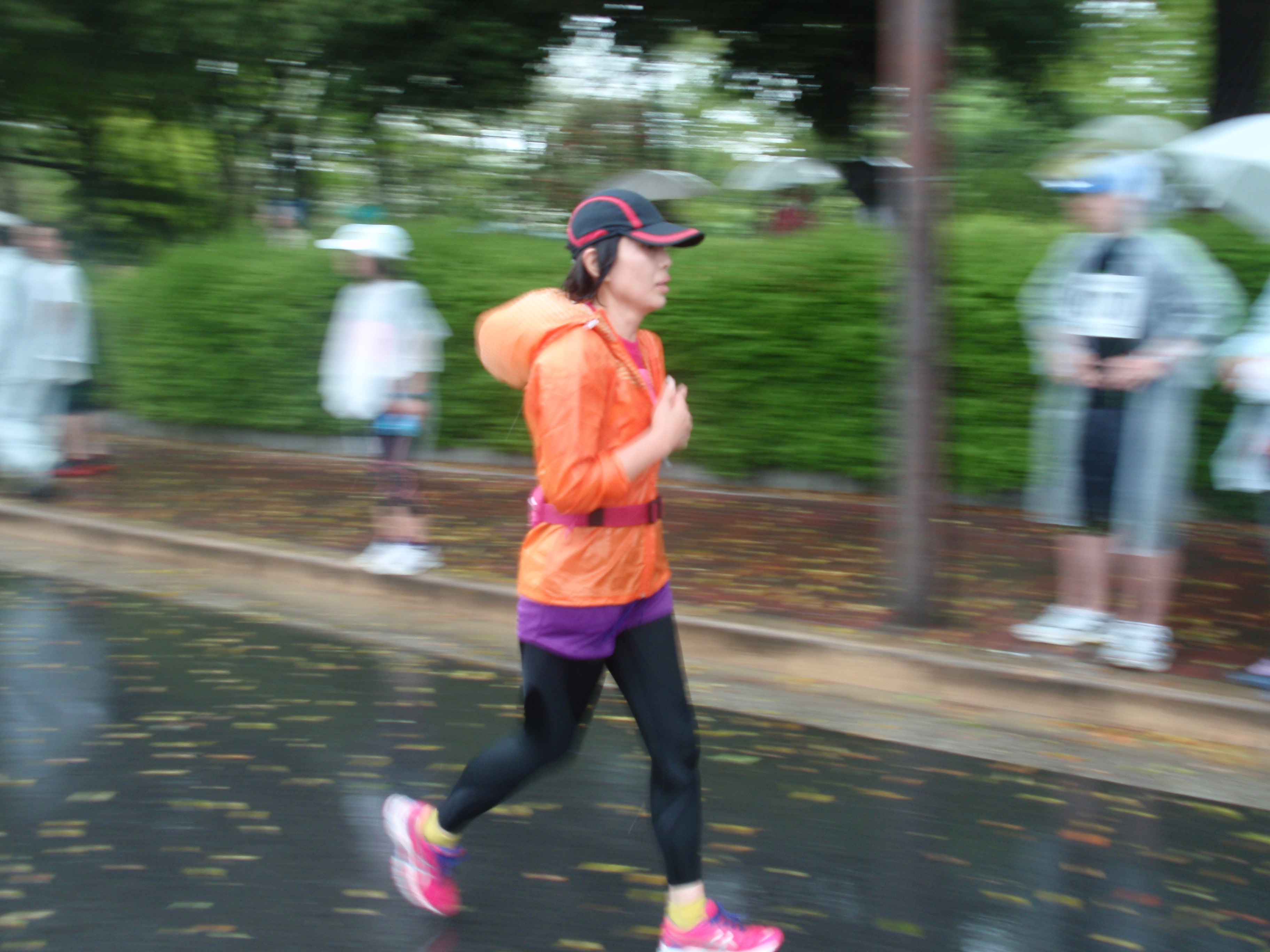 Mutsuko Fujii
Mutsuko Fujii
Vice President and Professor
Osaka University of Education
Domestic Course GSPS (’90)
Please tell us about your career path so far.
During my student years, I studied Educational Administration at Kyoto University. After graduating, I began working for the Osaka Prefectural Government in 1986, where I served until my retirement in March 2023. I entered the Graduate School of Policy Science at Saitama University in my third year after joining the prefectural government, and obtained an academic master's degree with a thesis titled "Entropy Model Analysis of Material Information Flow Structure”.
In the Osaka Prefectural Government, I worked in personnel, finance, and educational administration. During the last six years before retirement, I served as the Director of the Health and Medical Department, during which the final three years were dedicated to responding to the COVID-19 pandemic. Dealing with unforeseeable situations caused by an unknown virus and facing numerous challenges was demanding. However, collaborating with various stakeholders to fulfill the fundamental duty of protecting the lives of citizens, which can be considered the essence of public service, was an unforgettable experience.
Furthermore, the year I entered the workforce coincided with the first year of the Equal Employment Opportunity Law in Japan. At that time, female employees were still a minority, but experiencing firsthand the process of expanding opportunities for women to thrive in the workforce is a memorable experience for me.
Many colleagues bid Fujii-san farewell on her retirement
from Osaka Prefectural Government
You are a professor at Osaka University of Education. Have you always wanted to pursue a career in academia? What attracts you most about it?
Well, rather than being driven solely by an interest in academia, I've had a continuous interest in education since I was young. Osaka University of Education is the largest teacher training university in western Japan. Besides its research functions, it plays a crucial role in nurturing new teachers and supporting the learning of current educators, thus serving as a pillar in the field of education. Seeing it as a second career opportunity, I decided to return to my roots and engage in work related to education and human development. That's why I chose to work at Osaka University of Education.

Enjoying a hike in the mountains with friends.
What are your current research interests and what got you interested?
Currently, I serve as a professor in the field of health and safety education at Osaka University of Education. Additionally, I also hold the position of visiting professor at Osaka University Center for Infectious Disease Education and Research.
Over the past year, my research activities have revolved around conducting validation studies on the COVID-19 pandemic. Given the rare occurrence of a once-in-a-century pandemic, I'm interested in examining how various societal systems and organizational management, including healthcare and education, along with the collaboration between experts and government, have functioned in response to this risk event. I believe it's crucial to assess these responses to prepare for future risks adequately. I also hope to pass on my experiences related to risk management and health literacy to future generations.
You are currently also serving as Vice President at Osaka University of Education. Please tell us about your main roles and responsibilities.
As the vice president, I'm in charge of the "Future Education Co-creation Strategy." With the increasing pace of changes in socio-economic circumstances, various initiatives are being pursued nationwide to create a "Japanese-Style School Education in the Reiwa Era”. Among these initiatives, there's a significant focus on reforming teacher training. Four universities across the nation have been designated as "Teacher Training Flagship Universities," and Osaka University of Education is proud to be one of them, leading innovative efforts in this field.
Personally, I'm particularly focused on envisioning future education through collaboration between academia, industry, and government. In April, we're opening the "Mirai Education Co-creation Center" on the Tennoji campus of Osaka University of Education, serving as a hub for networks involving academia, industry, and government. I'm excited to see what kind of collaborations will emerge from this initiative.
In this capacity, what do you see as the main opportunities and challenges, and what is your mission?
I believe that one of the main opportunities in this role is to leverage my administrative experience to build networks between the university, local education boards, schools, and education-focused companies. I aim to utilize my past experiences to strengthen connections between these entities.
Looking into the future of education, initiatives such as Education DX (Digital Transformation in Education), utilizing AI in education, and promoting inquiry-based learning are crucial. The involvement of corporate technologies and expertise is indispensable in shaping the future of education. Moreover, amidst rapidly changing circumstances, it's essential to enhance the quality of education for the children of tomorrow by providing support to schools and continuously learning educators.
By harnessing the technical capabilities of companies and the resources of the university, I envision collaborative projects and information dissemination efforts that address educational challenges. My mission is to design various approaches to facilitate exchanges among individuals involved in education, fostering collaboration and innovation in addressing educational issues.
What are some of the biggest challenges you face in your work? And what have been the most interesting or rewarding aspects of your career thus far?
Jumping into a completely new workplace like a university, I'm encountering a multitude of learning opportunities, not just in terms of specialized knowledge but also in how to navigate work processes and ICT environments. The biggest challenge nowadays is how much I can absorb even after crossing the age of sixty.
The most memorable aspect of my career undoubtedly revolves around the response to the COVID-19 pandemic. Despite being pushed to our limits, many individuals, be it healthcare workers or members of COVID-19 response teams, faced the challenges with a sense of duty and perseverance. While memories of COVID-19 response are not necessarily filled with a sense of achievement or excitement but rather with moments of struggle and heaviness, I aim to hold onto the solidarity and resilience demonstrated during those tough times.
What led you to GRIPS? What is the most important thing you got out of your studies, and how has your experience at GRIPS prepared you for future endeavors?
About two years into my tenure at Osaka Prefecture, I felt the need to deepen my knowledge, which led me to pursue further studies at GRIPS/GSPS. I've always been someone inclined towards rational thinking, and the policy science concept of “scientifically studying the ambiguity of administration” suited me. Fortunately, I was able to obtain valuable data for my master's thesis and under the guidance of Professor Oyama, I was honored to receive the Student Paper Award from the Operations Research Society of Japan. That was a deeply memorable experience.
Although I didn't have many opportunities to directly apply what I learned at GSPS in my post-graduation assignment, the statistical knowledge I gained there proved invaluable when I had to analyze vast amounts of data during the COVID-19 response, thirty years later.
Moreover, I believe that obtaining my master's degree played a significant role in securing my current position as a professor after retiring from Osaka Prefecture.
Have you had any involvement, professional or otherwise, with GRIPS since your graduation?
In my younger days, I was a member of the Operations Research Society of Japan, which I joined during my time at GSPS. However, my connection to professional information through that channel dwindled about ten years after graduation.
I've also had the opportunity to speak and share insights at GRIPS alumni gatherings, but beyond that, my interactions with the professors who supported me, like Professor Oyama and Professor Yokomichi, as well as with fellow alumni, have been limited. We usually exchange updates once a year, but unfortunately, I haven't had many chances to meet them in person.
How do you maintain a balance between your work and the rest of your life? And what is your favorite thing to do when you are not working?
I'm a bit of a workaholic, but on weekends, I make it a point to either get some exercise or participate in enjoyable events to clear my mind.
In my late 40s, I started running marathons, completing 10 full marathons since then. Though I had to pause due to the pandemic, I've slowly started running again. Considering my age, I've also started shifting towards hiking in the mountains. This winter, I even bought crampons for snowy mountain trails.

Fujii-san running a marathon in the rain, with heavy steps.
What are some of your fondest memories of your time spent at GRIPS/GSPS?
In my first year, the International and Domestic Courses organized a joint day trip to Edo Wonderland in Nikko. I was involved in organizing the event, from arranging the bus rental to selecting the itinerary and ensuring there were Halal options for meals. Planning and organizing it all was much fun, and through various activities, I have fond memories of the students bonding and getting closer to each other.
If you could give one piece of advice to anyone considering studying at GRIPS what would it be?
As a working adult, it's not often that you have the opportunity to study alongside individuals with such diverse backgrounds and experiences. Compared to my student days, I've found that my own awareness of issues has become more concrete, leading to deeper learning. Throughout my long career, this has been a significant advantage for me.
How would you like to maintain involved with the School? What do you expect from GRIPS as an alumnus and do you have any suggestions on how to further utilize the GRIPS alumni network?
Having established deep roots in Osaka, I've unfortunately been unable to attend GRIPS gatherings in the past. However, I've recently been given the opportunity, albeit in a small capacity, to serve as the vice president of the alumni association. With this in mind, I'm hoping to create opportunities for graduates and classmates from the Kansai region to come together.





